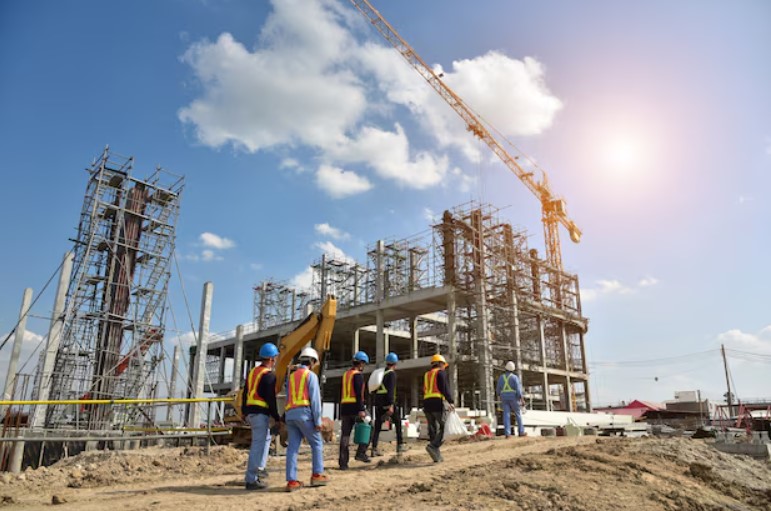Access to housing is one of the biggest problems that society has to deal with today. The reality is devastating: housing prices in Europe have increased by an average of 48% in the last decade (almost twice as much as household income).
The Spanish Government has announced 12 new specific measures to protect the right to housing. This is a programme of “forceful and, many of them, unprecedented” measures, in the words of the Prime Minister, Pedro Sánchez, which will be deployed with three clear objectives:
-
-
- Increase the available housing stock
- Improve regulation of the real estate market
- Increase aid to the most disadvantaged social groups
-
Let’s see what these 12 new measures consist of:
1) Transfer of housing and land to the newly created Public Housing Company. The General State Administration has transferred more than 3,300 homes and almost 2 million m2 of residential land to build affordable social rental housing for young people. 13,000 SAREB homes will also be incorporated immediately, during the first half of 2025, and another 17,000 more, progressively.
2) The new Public Housing Company will have priority in the purchase of homes and land, as a supplement to the right of the Autonomous Communities (that is, in those cases where it is not regulated by their legislation)..
3) State-protected housing (VPO) is protected, guaranteeing by law that all housing built by the State maintains its public ownership indefinitely.
4) Launch of a new PERTE (in Spanish: Strategic Project for Economic Recovery and Transformation) with European funds for the innovation and modernization of industrialized and modular construction in Spain, to build houses in less time, with lower costs and greater environmental sustainability.
5) Creation of a system of public guarantees called to protect both owners and tenants who participate in affordable rental to mobilize empty homes. It will ensure that the owner receives the rent and that the tenant has a greater offer at an affordable price and equal access. This measure will be in operation this year and will begin to apply to owners who rent to people under 35 years of age.
6) Creation of a new programme for the rehabilitation of empty homes for affordable rent. Aid will be granted to those people who renovate a flat to make it affordable for rent for at least 5 years.
7) Proposal to Congress for the approval of a 100% tax exemption from personal income tax (IRPF) for those owners who rent their home according to the Reference Price Index published by the Ministry of Housing (without these necessarily being in the so-called stressed areas).
8) Likewise, it will also be proposed to Congress that tourist housing be considered a business and, accordingly, be taxed as an economic activity, including the application of VAT in those areas where there are difficulties in accessing housing or tourist saturation.
9) The tax advantages of SOCIMI (in Spanish: Listed Public Limited Companies for Real Estate Investment) will be made conditional on the promotion of affordable rental housing.
10) Limitation on the purchase of housing by non-resident non-EU citizens. The tax that non-Europeans who do not reside in Spain must pay when they buy a house in the country will be increased to 100%, prioritising that the available housing be for residents.
11) Tightening of the regulation that pursues fraud in seasonal rentals and creation of a fund for regional and municipal governments to reinforce inspections of illegal tourist housing and other fraudulent uses of housing.
12) Preparation of the new State Housing Plan, which will come into force in 2026. It will increase the aid programmes currently in force for renting and buying a first home and will pay special attention to the elderly, young people, people with disabilities and those who live in stressed areas. This new plan will pay special attention to the elderly, young people, vulnerable groups, people with disabilities and those living in degraded areas.
Some of these measures will have to first pass through the Congress of Deputies to be successfully approved, such as the fiscal measures or the change in the tax advantage regime for SOCIMIs, so that they only apply to the promotion of affordable rental housing.
Pedro Sánchez stressed that “Spain needs public intervention, public-private collaboration and perseverance” and, in parallel with the aforementioned measures, the State will continue to provide aid for rent, purchase and rehabilitation worth 20 billion euros, benefiting more than 1.5 million households.



